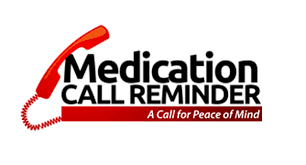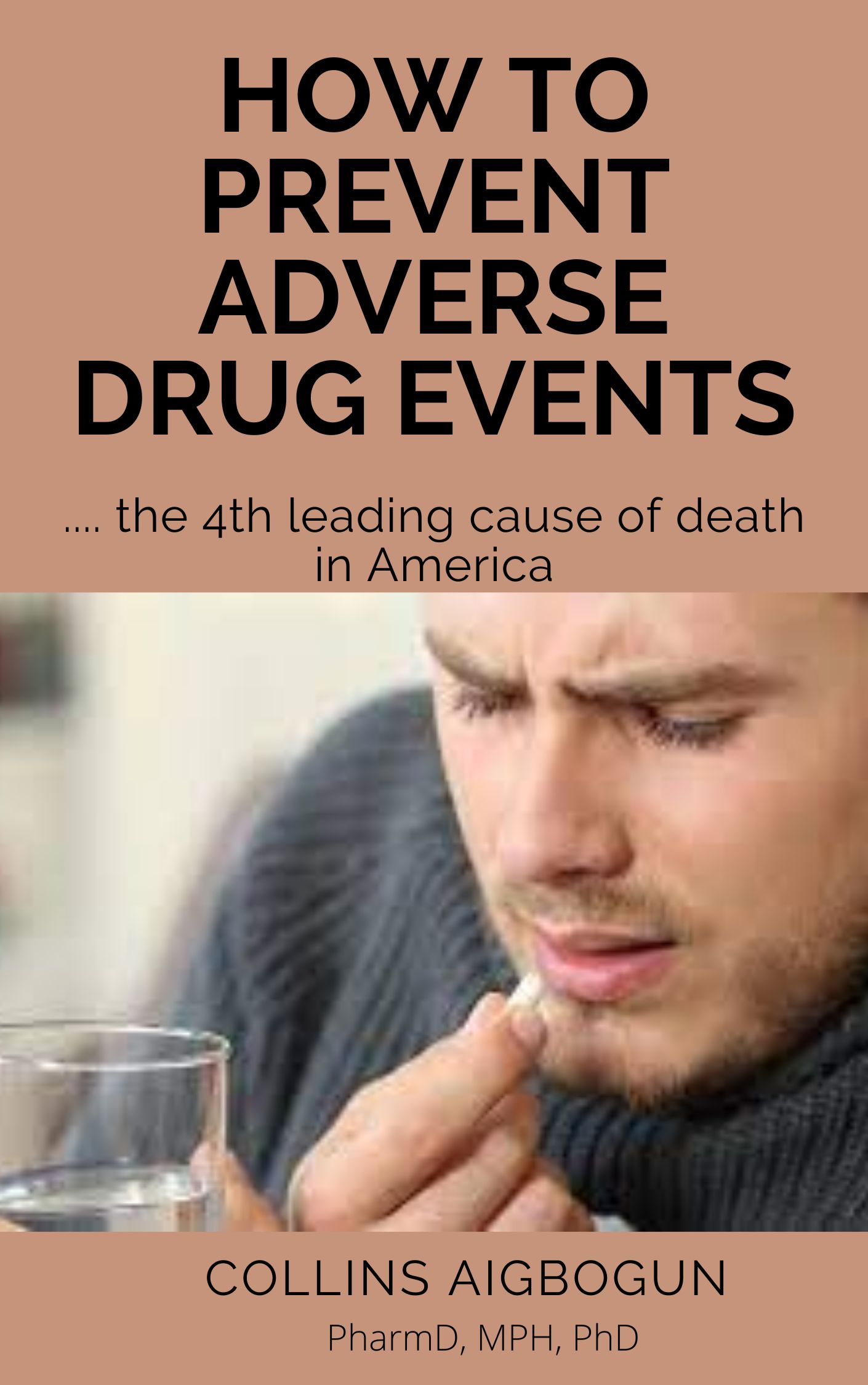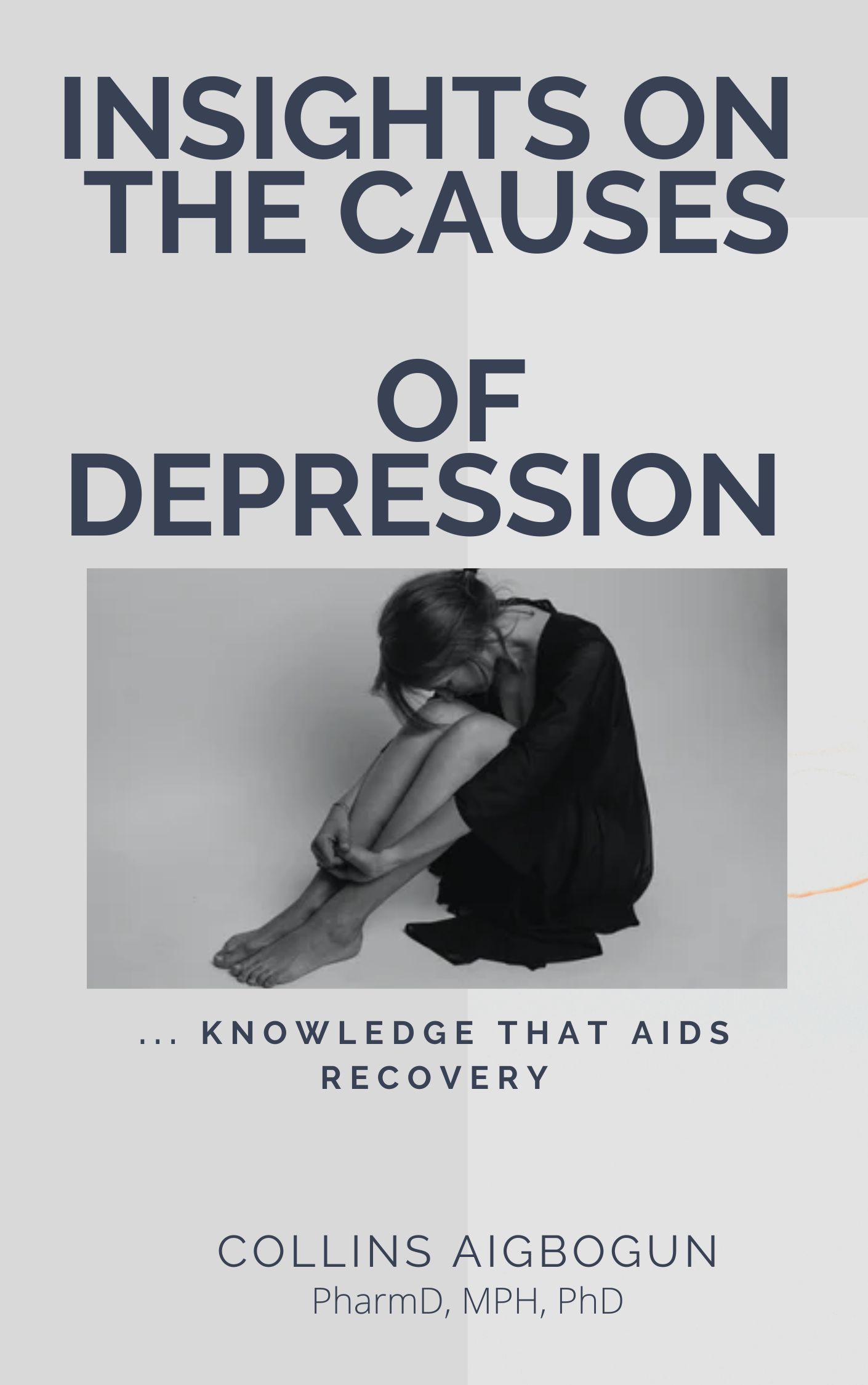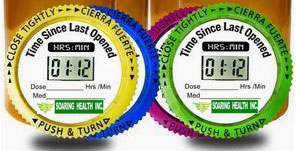Dangers From Medication Non-adherence
Medication non-adherence is the intentional or unintentional failure to take required medication as prescribed. The implication is that the patient might have a worse outcome while undergoing therapy. Consequently, there will be more visits to the emergency room and hospitalizations. Hence, payers, including individuals, families, companies, and insurance companies, will pay higher for health. The challenge of medication non-adherence is prominent among older adults.
Do you know that about half of adults in the United States have a form of Chronic disease? This inference is an official statement from the Centers for Disease Control and Prevention. The report further states that these chronic illnesses account for 70% of all deaths in the United States, which is 1.7 million deaths every year. According to a recent study, over 125,000 deaths of these numbers every year are attributed to medication non-adherence or inadequate adherence to medications. A Pharmacy Times report indicates that the financial burden due to medication non-adherence from this group of people is about $300 billion in avoidable healthcare costs. It is also interesting to know that heart disease and cancer accounts for over 50 % of all deaths. The simple implication of this statistic is that we can prevent about 10% of all deaths if patients adhere to their prescribed medications.
COMMON STATISTICS FOR MEDICATION NON-ADHERENCE
According to a sizeable pharmacoeconomic study, the likelihood that a patient will die from medication non-adherence is about ten times greater than the probability of homicide. Likewise, the likelihood that a patient will die from medication non-adherence is 30 times greater for over 50 years. With this relatively high probability, it is worthwhile to improve medication adherence for everyone. A study by Express Script on over 600,000 study participants indicates that 69% of all medication non-adherence cases were due to inattention or forgetfulness. Also, 10% of all cases of medication non-adherence was due to cost. Likewise, 15% of all cases of medication non-adherence were due to clinical reasons such as side-effects of drugs and concerns with the effectiveness of the drug. The implication of this is that if we tackle the problem of forgetfulness to take medications, more people will recover from illness faster. The additional consequence of this initiative is that we will prevent the loss of over 125,000 deaths every year.
Furthermore, families and the government will save over $300 billion. It is interesting to learn that the ten leading causes of deaths in the United States are related to a form of behavioral choices. It is interesting to determine that every 10% improvement in medication adherence reduces healthcare costs by up to 29%. Walgreens’s further study indicated that every 1% improvement in medication adherence would result in cost savings of $50 in health expenditure.
BEHAVIORS THAT SUGGEST MEDICATION NON-ADHERENCE
According to the National Community Pharmacists Association (NCPA), patients who don’t adhere to their medications exhibit at least three of these nine behaviors within 12 months:
1. Failure to fill a prescription
2. Refusal to refill a prescription
3. Regularly missing a medication dose
4. Taking a lower dose than prescribed
5. Taking a higher dose than prescribed
6. Early stoppage of medicine
7. Intake of an old medication for a new health condition without a doctor’s consultation
8. Taking someone’s medication
9. Forgetting to take prescribed medication.
WHAT CONTRIBUTES TO MEDICATION NON-ADHERENCE
There are several contributing factors why an individual may not take his or her medication as prescribed. Nevertheless, a recent study indicates that the six most essential contributors are:
1. Affordability of prescribed medication
2. A personal connection with a pharmacy staff or the pharmacy
3. The quality of continuity of care the patient receives
4. The depth of the patient’s health literacy
5. The side-effects resulting from drug use
SOLUTIONS TO MEDICATION NON-ADHERENCE
A feasible solution to a patient’s non-adherence depends on the cause(s) of non-adherence. Nevertheless, healthcare providers, including pharmacists, can offer custom-tailored patient education and counseling to improve adherence and health outcomes.
Sometimes, patients may be unwilling to open up their pharmacists or other healthcare providers regarding their failure to take drugs as prescribed. In these scenarios, the concept of motivational interviewing, characterized by non-blameful questioning and listening, is valuable. There are several strategies to fix each of these challenges. It is worthwhile to have at least two accountability partners in a plan to tackle medication non-adherence due to forgetfulness. It is also more impactful to hear the voice of a close family member who reminds us to take our medication at the right time. How restful will you feel when you receive an alert that your mum, who is a senior citizen, took her blood pressure pill a few seconds ago? Click to discover one of the ways you can improve your health outcomes while on your existing medications. Improving medication adherence will enhance employee performance, reduce health costs, and also save more lives.








